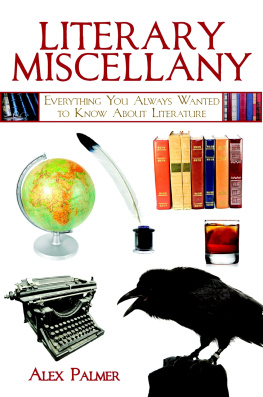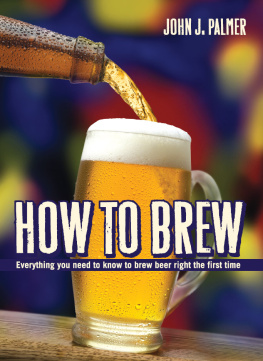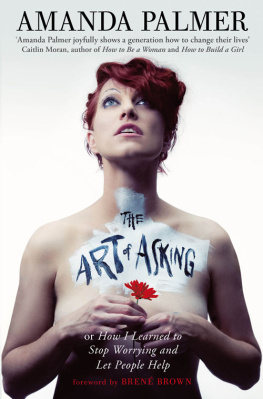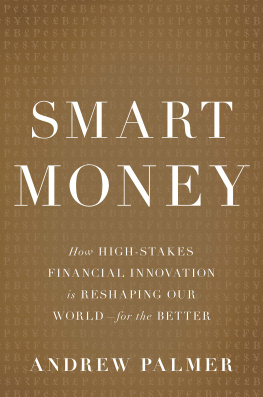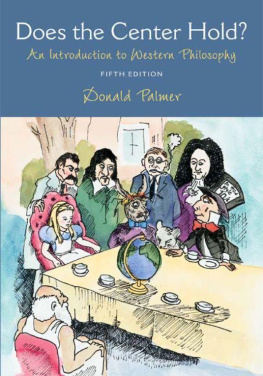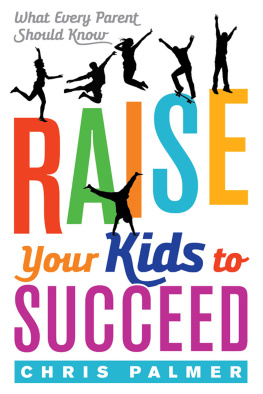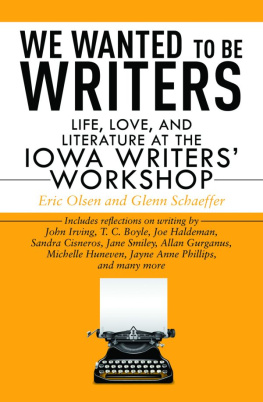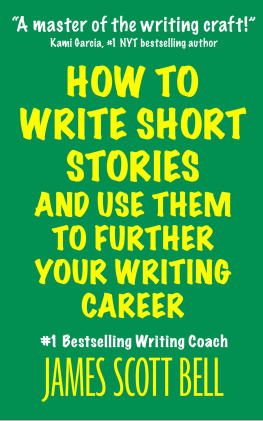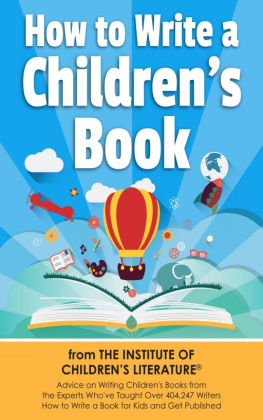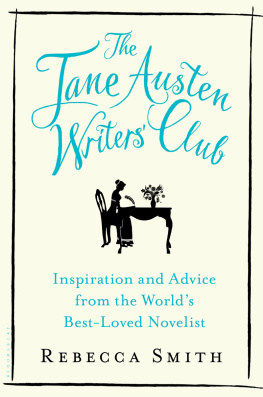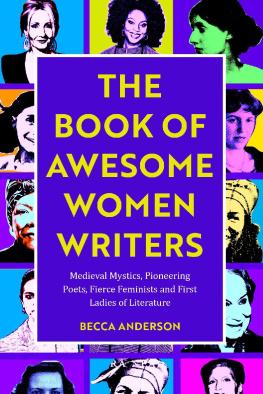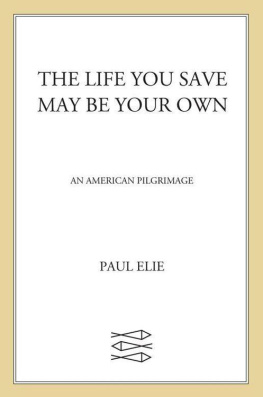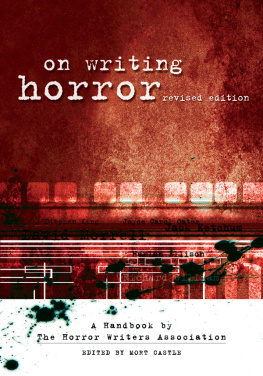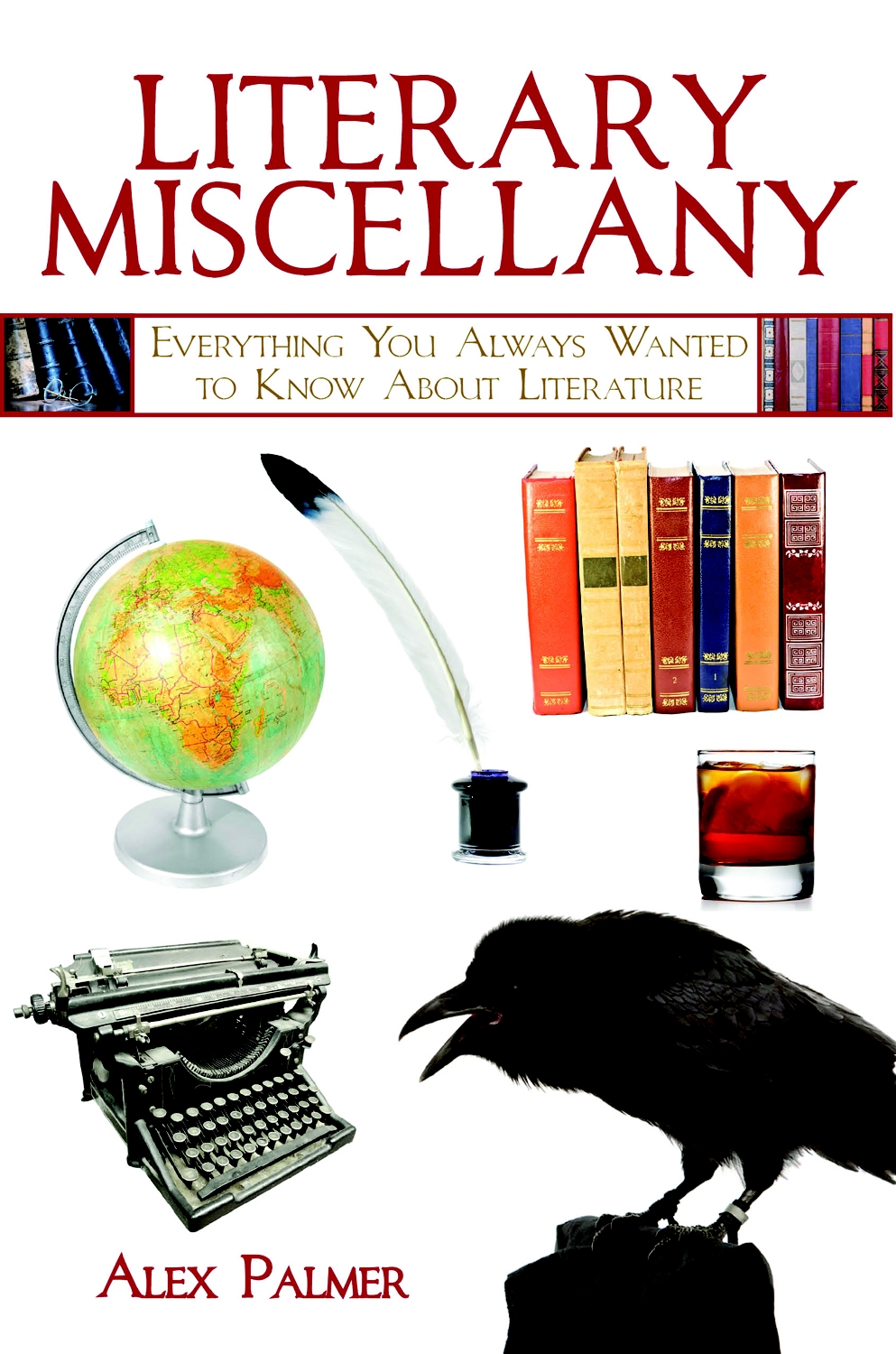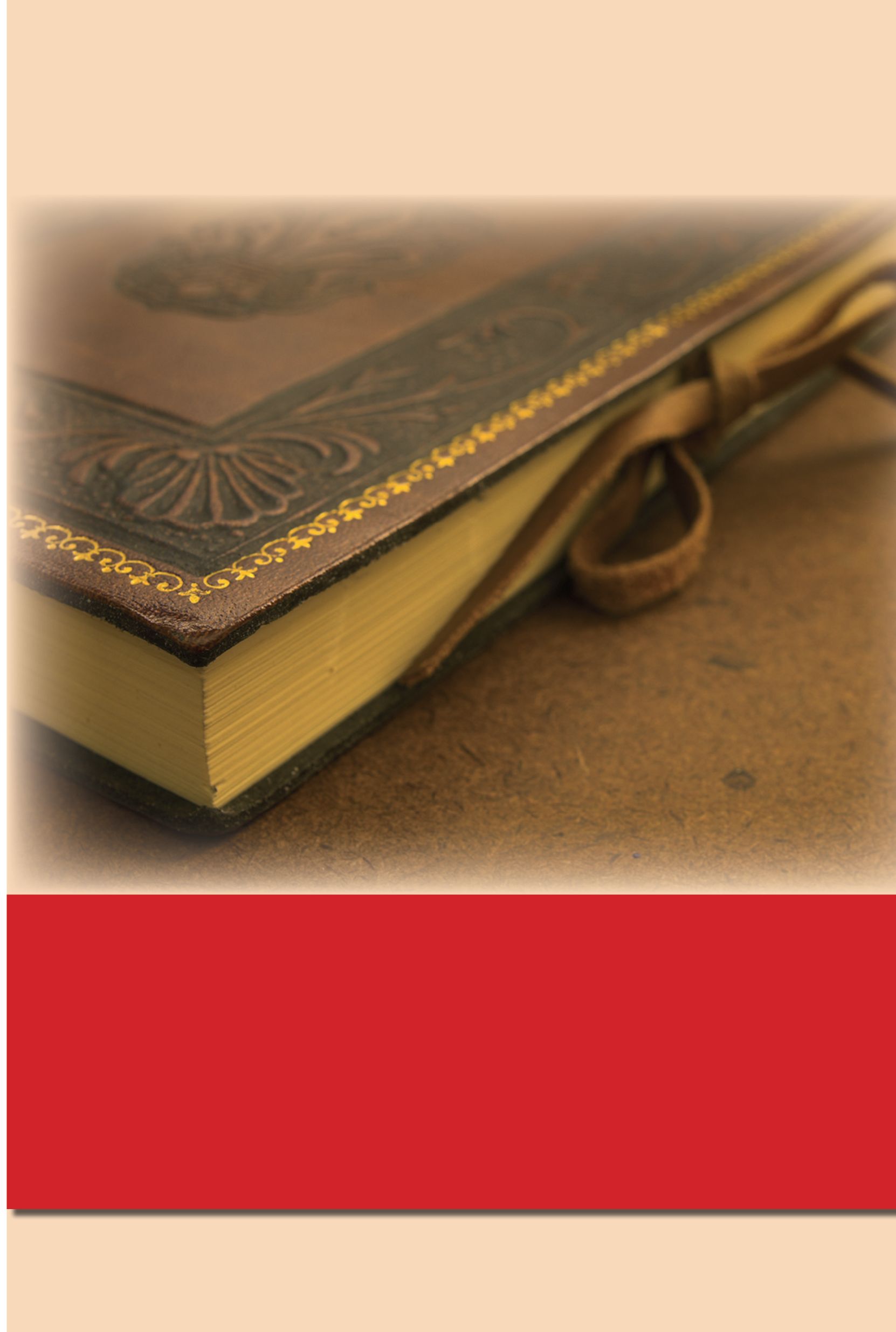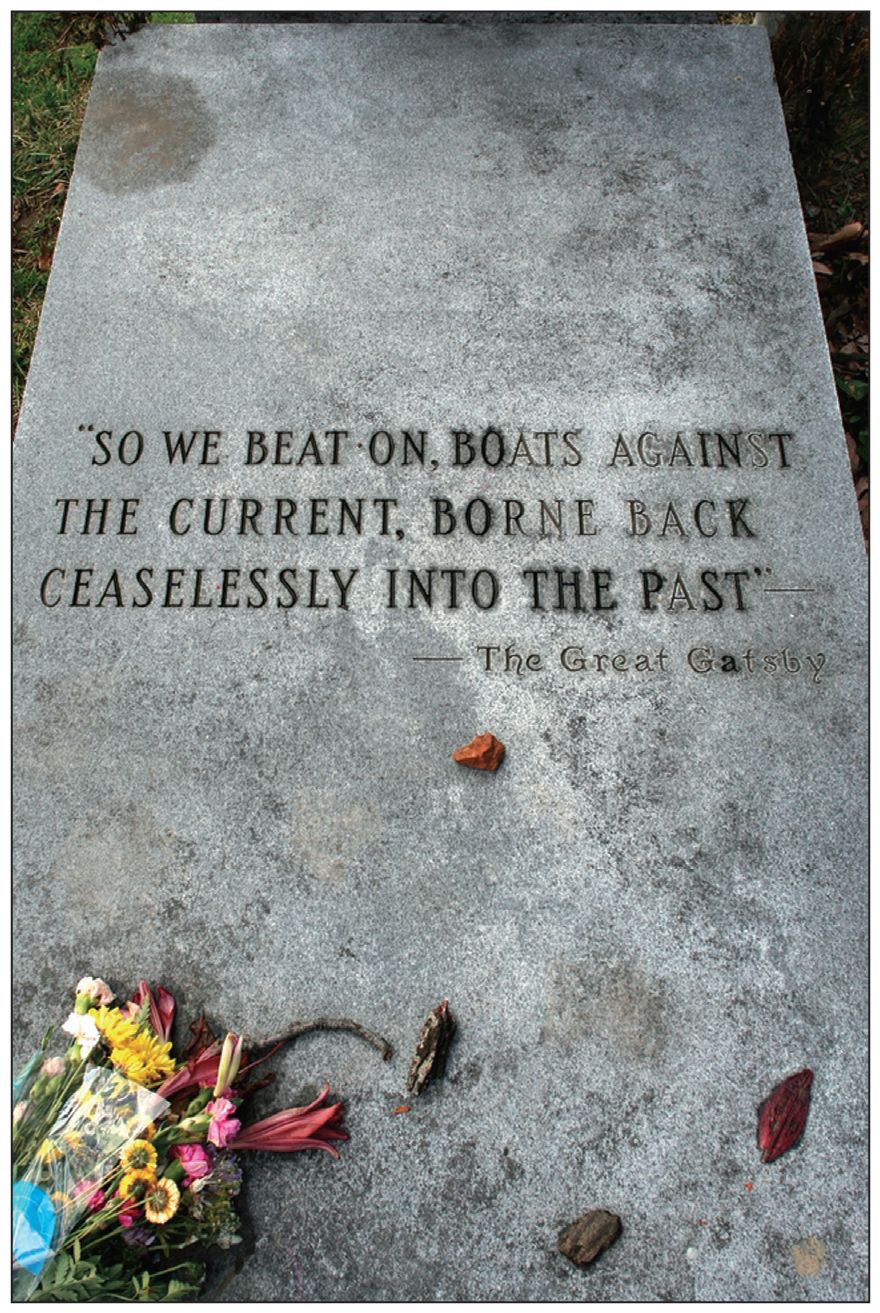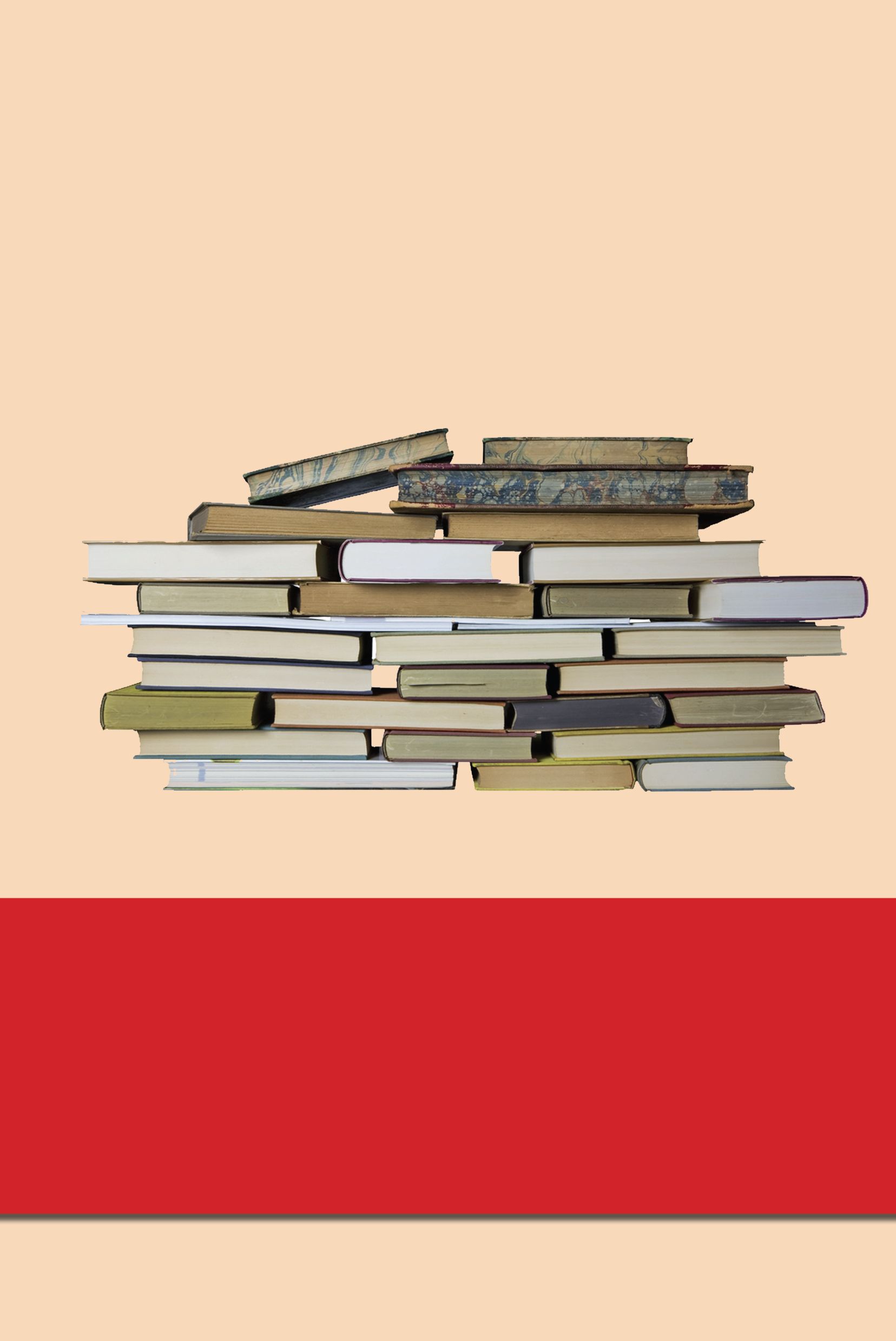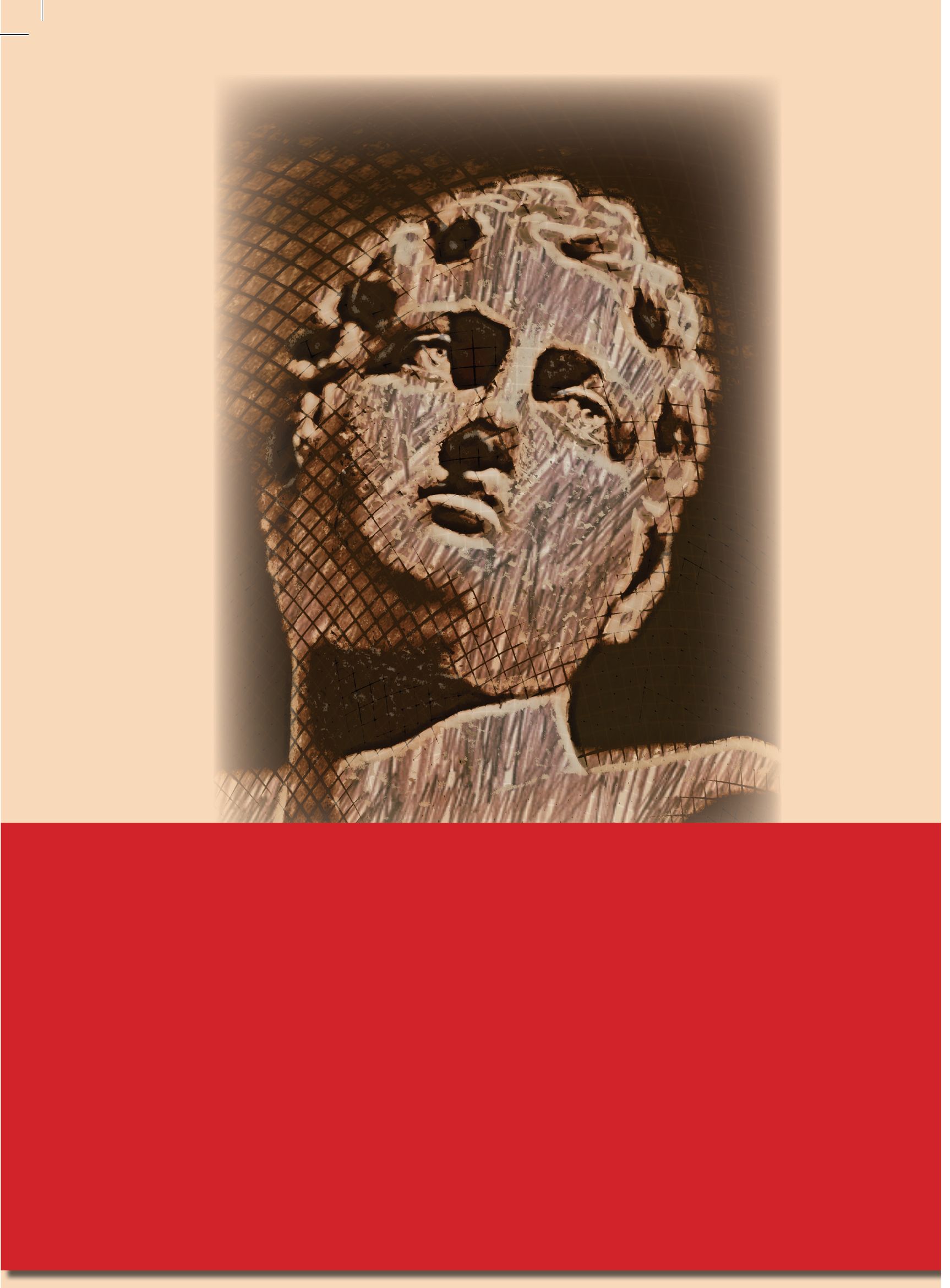I am grateful to Ann Treistman and Skyhorse Publishing, without whom this book would not exist, as well as my wonderful friends and family, whose support and suggestions made this a much better book than it otherwise would have been. Special thanks to Nick for all his input and to Jenn for her patience and general wonderfulness.
CONCLUSION: LAST WORDS
W ell wrap up this volume with a few ways that writers have wrapped up their lives. Though literatures greats could not choose when they went, many found ways to exit poetically:
Making arrangements for his own funeral, Hans Christian Andersen instructed the musician, Most of the people who will walk after me will be children, so make the beat keep time with little steps.
Molire was struck down by tuberculosis while performing his play The Imaginary Invalid. His hacking cough led to a collapse, and he was rushed to the hospital, but it was too late. Ironically he was playing the role of the hypochondriac in the play.
Thomas More (1516), author of Utopia, was imprisoned and executed for treason. His final words to his executioner: Pluck up thy spirits, man, and be not afraid to do thine office. My neck is very short, take heed therefore thou strike not awry for saving thine honesty.
Ben Jonson is the only person to be buried sitting in an upright position in Westmister Abbey. He asked his benefactor, Charles I of England, to give him only a square foot in the hallowed cemetery.
Famous Last Words:
| Johann Goethe: | Open the second shutter so that more light may come in. |
| O. Henry: | Dont turn down the light. Im afraid to go home in the dark. |
| James Joyce: | Does nobody understand? |
| Washington Irving: | I must arrange my pillows for another night. When will this end? |
| Henry James: | So it has come at lastthe Distin guished Thing. |
Benjamin Franklin composed his own epitaph:
The body of B. Franklin, printer,
Like the cover of an old book,
Its contents torn out,
And stript of its lettering and gilding
Lies here, food for worms.
But the work itself shall not be lost;
For it will, as he believed, appear once more
In a new and more elegant edition,
Corrected and amended
By its author.
SELECTED BIBLIOGRAPHY
B esides all the great novels, poems, and tales referred to in this work, these are the main works that supplied me with facts and anecdotes, and contributed to my thinking:
Bartletts Book of Anecdotes. Edited by Clifton Fadiman and Andre Bernard (New York: Little, Brown, revised 2000).
Bloom, Clive. Bestsellers: Popular Fiction Since 1900 (Hampshire, UK: Palgrave Macmillan, 2003).
Boon, Marcus. The Road of Excess: A History of Writers on Drugs (Boston: Harvard University Press, 2002).
Brantlinger, Patrick. The Reading Lesson: The Threat of Mass Literacy in Nineteenth-century British Fiction (Bloomington: Indiana University Press, 1998).
Burt, Daniel S. The Literary 100: A Ranking of the Most Influential Novelists, Playwrights, and Poets of All Time (New York: Checkmark Books, 2001).
Cox, John D. The Devil and the Sacred in English Drama, 13501642 (New York: Cambridge University Press, 2000).
Demers, Patricia. From Instruction to Delight: An Anthology of Childrens Literature to 1850 (New York: Oxford University Press, 2003).
Eisner, Eric. Nineteenth Century Poetry and Literary Celebrity (Hampshire, UK: Palgrave Macmillan, 2009).
Gilbar, Steven. Bibliotopia, or, Mr. Gilbars Book of Books & Catch-all of Literary Facts and Curiosities (Boston: David R Godine, 2005).
Glass, Loren Daniel. Authors Inc.: Literary Celebrity in the Modern United States, 18801980 (New York: NYU Press, 2004).
Jackson, Mary V. Engines of Instruction, Mischief, and Magic: Childrens Literature in England from Its Beginnings to 1839 (Lincoln, NE: University of Nebraska Press, 1990).
Joshi, S. T. Junk Fiction: Americas Obsessions with Bestsellers (Rockville, MD: Borgo Press, 2009).
Katsoulis, Melissa. Literary Hoaxes: An Eye-Opening History of Famous Frauds (New York: Skyhorse Publishing, 2009).
Kiernan, Pauline. Filthy Shakespeare: Shakespeares Most Outrageous Sexual Puns (London: Quercus Publishing, 2006).
Lerer, Seth. Childrens Literature: A Readers History from Aesop to Harry Potter (Chicago: University of Chicago Press, 2008).
Lutz, Deborah. The Dangerous Lover: Gothic Villains, Byronism, and the Nineteenth-Century Seductive Narrative (Columbus: Ohio State University Press, 2006).
McDayter, Ghislaine. Byromania and the Birth of Celebrity Culture (Albany: State University of New York Press, 2009).
Moran, Joe. Star Authors: Literary Celebrity in America (London: Pluto Press, 2000).
The Norton Anthology of English Literature, Seventh Edition. Edited by M. H. Abrams and Stephen Greenblatt (New York: W. W. Norton, 2000).
Plant, Sadie. Writing on Drugs (New York: Farrar, Straus, and Giroux, 2000).
Schatz, Thomas. The Genius of the System: Hollywood Filmmaking in the Studio Era (New York: Holt Paperbacks, 1996).
Shannonhouse, Rebecca. Under the Influence: The Literature of Addiction (New York: Modern Library, 2003).
Vincent, David. The Rise of Mass Literacy: Reading and Writing in Modern Europe (New York: Polity, 2000).
Yagoda, Ben. Memoir, A History (New York: Riverhead Books, 2009).
WHAT DO HOMER AND JAY-Z HAVE IN COMMON?
Bards and epic storytelling
B efore novelists, publishers, or Amazon.com existed, bards, or oral poets, ruled the literary scene. So this seems like the right topic to begin with. Proliferating through medieval Europe, and Britain in particular, until around the seventeenth century, these poets were multitaskers, composing and memorizing stories and reciting them for their audience, often while playing a harp, lyre, or some other ancient instrument.
Their tales celebrated the deeds of great men, catalogued the genealogies of kings and princes, and relayed the exciting historical events and victories of the tribe down through the generations. They preceded the rhapsodes and kings poets of later generations, but also share some striking similarities with another type of performer prevalent today: rappers and hip-hop stars.
Bards were boosters. Like a rapper giving love to his music label or mentor, a bard would weave in positive stories about the wealthy royals who sponsored him and offer eulogies and tales of glory about his employers ancestors. Since it was almost entirely an oral culture, it was up to the bards to remember the key details of past glories and family history and to pass these on to the rest of their tribeso the leaders of the day made sure to take care of their poets.

